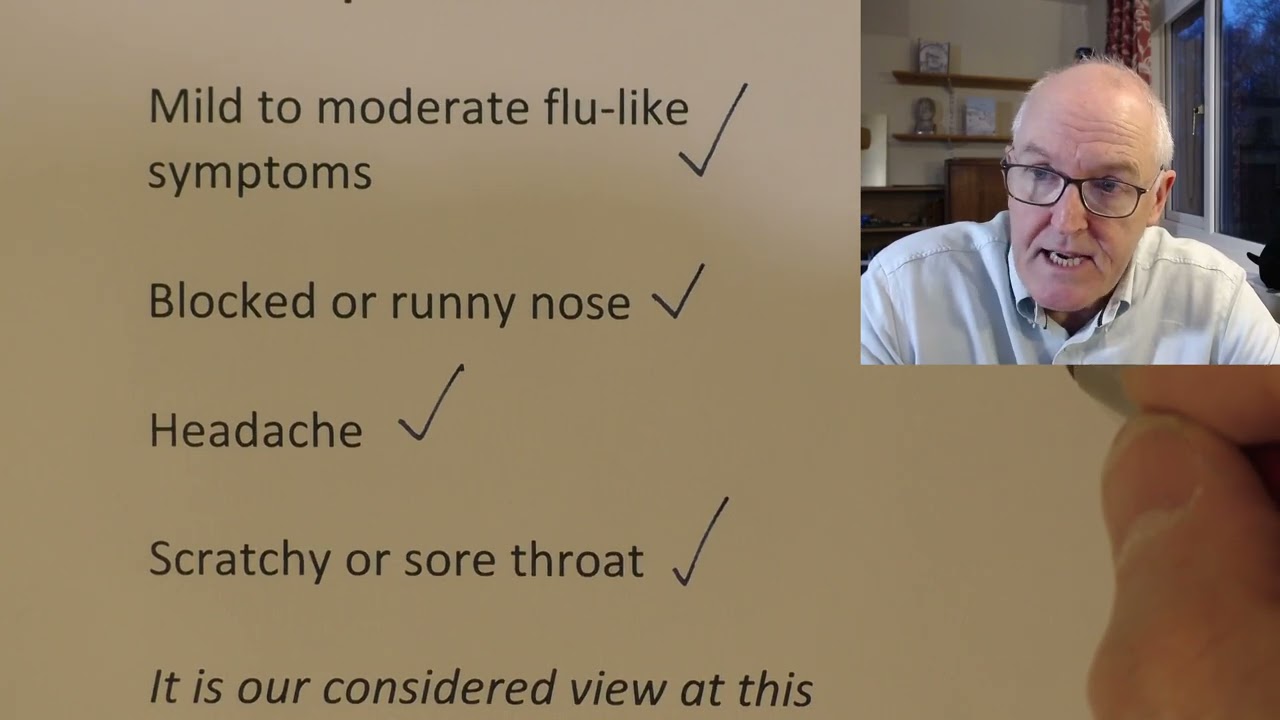South Africa, as of 4th December, R = 2.5
https://www.nicd.ac.za/diseases-a-z-index/disease-index-covid-19/surveillance-reports/covid-19-special-reports/the-initial-and-daily-covid-19-effective-reproductive-number-in-south-africa/
https://www.nicd.ac.za
https://www.nicd.ac.za/diseases-a-z-index/disease-index-covid-19/surveillance-reports/
https://www.nicd.ac.za/diseases-a-z-index/disease-index-covid-19/surveillance-reports/weekly-epidemiological-brief/
https://www.dailymaverick.co.za/article/2021-12-08-covid-19-symptoms-now-are-far-milder-than-in-the-first-three-waves-says-netcare-ceo/
The National Institute for Communicable Diseases
The percentage of positive tests nationally:
24.9% (16.4%) higher than last week
Gauteng, 35%
Limpopo, 32.7%
Mpumalanga, 26.9%
North West, 26.0%
Free State, Western Cape and KwaZulu-Natal, 10% to 15%
Eastern Cape and Northern Cape, less than 10%
Dr Richard Friedland, chief executive officer Netcare
https://www.netcare.co.za
Omicron variant data, Covid-19 symptoms now are far milder than the first three waves
Having personally seen many of our patients across our Gauteng hospitals,
their symptoms are far milder than anything we experienced during the first three waves
Approximately 90% of Covid-19 patients currently in our hospitals require no form of oxygen therapy,
and are considered incidental cases.
If this trend continues, it would appear that, with a few exceptions of those requiring tertiary care,
the fourth wave can be adequately treated at a primary care level
In the first three waves
Netcare, across 49 acute-care hospitals
Treated 126,000 Covid-19 patients,
of whom,
44% required admission
26% required DC or ICU
Significantly, all Covid-19 patients admitted were sick and required some form of oxygen therapy.
The high admission rate, as well as the high percentage of patients requiring ICU or high care is indicative of the severity of cases during the first three waves
Now
337 Covid-19 positive patients admitted
(72% of these patients are in the Gauteng area and 18% in KwaZulu-Natal)
Of these 337,
Approximately 10% are on some form of oxygenation
versus 100% in the first three waves
Eight of 337 (2%) are being ventilated of these,
two are primary trauma cases
During the first three waves
When the overall community positivity rate breached 26% across South Africa
First wave admissions
2,000
Second wave admissions
2,500
Third wave admissions
3,000
Fourth (omicron) wave admissions
337
Of the patients admitted to Netcare hospitals and facilities since 15 November
75% not vaccinated
Seven deaths in Netcare facilities due to Covid-19 complications
Age distribution of patients
Covid-19 patients admitted since 15 November are on average younger than those seen during the first three waves,
71% being 50 years
Average age of 38.5 years
Patients presentations
Mild to moderate flu-like symptoms
Blocked or runny nose
Headache
Scratchy or sore throat
It is our considered view at this early stage that,
should this trend continue,
Covid-19 may be effectively managed at a primary care level,
with the exception of certain cases requiring admission to tertiary facilities
Dr Fareed Abdullah, Office of Aids and TB Research, SA Medical Research Council
80% of admissions below the age of 50 years,
throughout the Gauteng province in the last two weeks
The best indicator of disease severity is measured by the in-hospital death rate.
There were 10 deaths in the in the past two weeks (cohort of 166)
making up 6.6% of the 166 admissions
(23% for all previous waves)
Four deaths, aged 26-36
Five deaths, aged over 60
There were no Covid-19-related deaths among 34 admissions in the paediatric Covid wards over the last two weeks
Omicron variant could act as a natural vaccine
Professor Eleanor Riley, immunology and infectious diseases, University of Edinburgh
https://www.telegraph.co.uk/global-health/science-and-disease/covid-news-booster-cases-vaccine-passport-coronavirus-omicron2/
Omicron variant could act as a natural vaccine in the unvaccinated
Britons are very likely to contract the variant in the next couple of weeks
Everybody’s very likely to experience it in the next few weeks.
If it is milder, and we know infection induces an immune response,
it is possible that this could act as a natural vaccine,
getting to those people who have so far been unwilling to be vaccinated
But I think we have to exercise a huge degree of caution with that,
because there’s a huge ‘if’ about this ‘is it milder?’
And I think it’s very dangerous to compare data from South Africa to the UK.
In the South African population there’s been so many waves of infection they’ve gone through,
lots of immunity and a much younger population
Advised people to act on the basis that anybody they come into contact with could have coronavirus
Source
